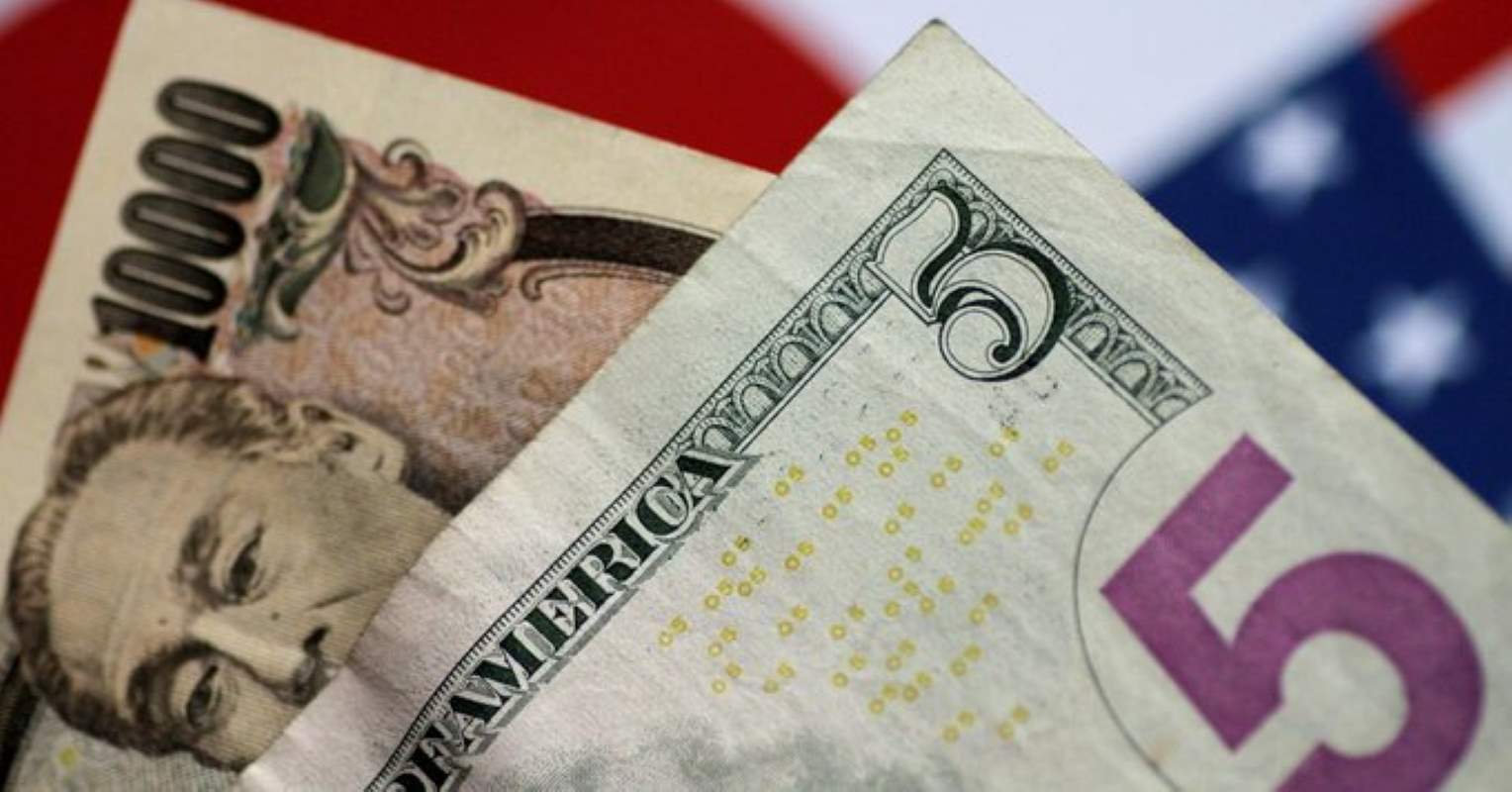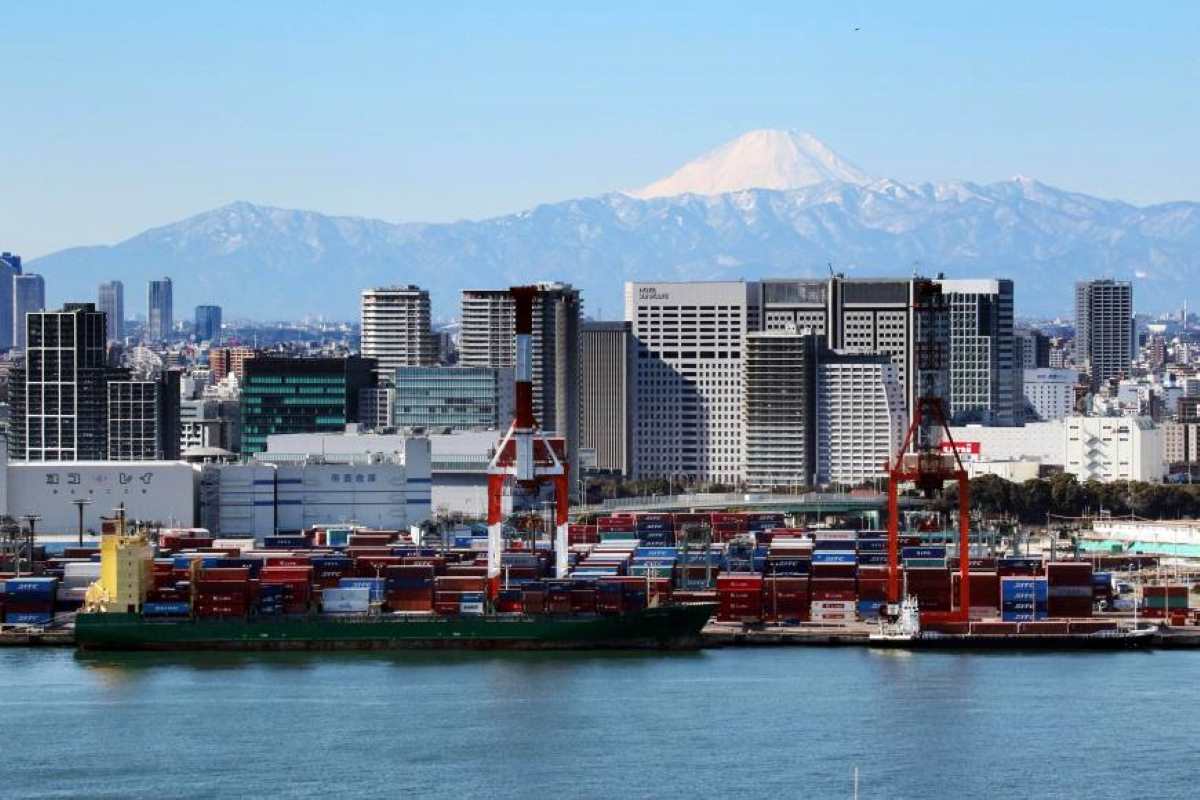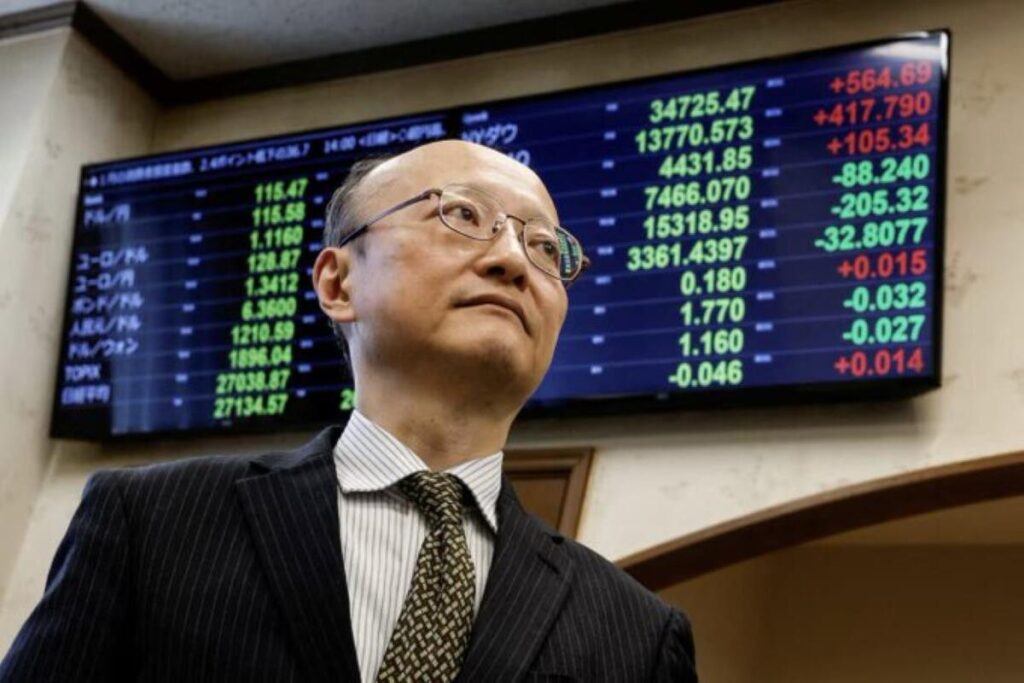The Yen’s slump has forced the Japanese government to seriously consider monetary reforms. For example, they might institute an embargo on moving large sums of the currency on the foreign exchange market. Former currency chief Masato Kanda gave this warning during a recent press interview.
While Kanda is no longer the currency chief, he still works with the Japanese government. He’s special adviser to the sitting prime minister, Shigeru Ishiba. However, during the said interview, the former currency chief was quick to point out that the volatility of capital flows has become a global plague in recent times. Kanda opines that the volatilities reflect political changes, sometimes coupled with monetary policy changes.
Japan Warns of Intervention Amid Currency Volatility
In Kanda’s own words, he said, “There is no change to our stance that we will need to respond appropriately to excess movements on the currency market as excessive foreign exchange volatility is undesirable.” Japanese authorities have been trying to keep the Yen’s slump in reins. Japanese regulators initially pegged the exchange threshold of the Yen at 160 to a dollar. However, the Yen’s slump was at an all-time low when it recently dropped to 155 to a dollar.

The recent Yen’s slump would be the closest the currency has ever been to the regulatory threshold. So, it is no surprise that Kanda is sounding the alarm. Foreign exchange activities could further jeopardize the position of the Yen.
ALSO READ: Logos of Binance and FTX FTX Files $1.8 Billion Lawsuit Against Binance and Former CEO Zhao
Kanda’s Role and Past Interventions in Supporting the Yen
Kanda proved his mettle as the vice finance minister for international affairs that understands his job description during a three-year tenure that ended in July 2024. As finance minister, Kanda embarked on the first Yen buyback of its kind in the past 24 years. The buybacks were an adventurous effort at ensuring trade balance and were largely successful. Now that his tenure as finance minister has ended, Kanda is being tapped as the potential head of the Asian Development Bank.

Lately, Japan spends heavily on energy imports which are largely produced offshore. Consequently, the consistent use of foreign exchange to prop up Japanese industries is complicit in the Yen’s slump.
Weak Yen’s Impact on Japan’s Economy
Sometime in April, the Yen was reported to have fallen sharply to 160.17 against the US dollar. However, it quickly recovered to 155.01 per dollar on that same day. This significant dip in the Yen’s value was reported to be the worst of its kind since April 1990.
The economic impact of the Yen’s slump is not all cons for Japan as it boosts exports, because the products are cheaper to overseas buyers. Similarly, tourists have found Japan a cheap and attractive travel destination.

It is true that the value of a currency is largely dependent on its demand and supply relative to other currencies. However, it has been observed that Japanese investors are opting for the US dollar as a store of value, in place of the Yen. Naturally, this trend drives up the demand for the dollar, and makes the Yen’s supply surplus.
However, Japanese investors find the US economy more attractive, all thanks to its higher interest rates. So, the average wealthy Japanese sell off their Yen. In exchange for US dollars, these investors follow investment trends like buying US government bonds with high interest rates.
Now, comparing the US and Japanese economy, it is obvious that their inflationary potentials are at two extremes. The US has been struggling to keep prices of commodities and remunerations in check. On the contrary, Japan has effortlessly tried to jumpstart their economy to increase prices and wages.
Shift in Export Strategy and Rising Import Costs
At the moment, Japan is under the influence of foreign exchange market and lack of economic independence. In this kind of scenario, the cost of production and living would go through the roofs, while locals struggle to make ends meet. Kanda said of this situation, “We are observing a situation again where a weaker yen pushes up import costs and inflict pain on ordinary people’s lives.”

Most of the Japanese companies that make up the country’s export force are moving their goods abroad. However, the economic impact of manufacturing outside Japan would be price increments, and may result in the loss of global market share. According to Kanda, more and more people are feeling the bite of the Yen’s slump.
ALSO READ: July Sees Jobless Rates Drop for Asian Americans, Defying the Overall Trend
Structural Reforms Needed to Address Long-Term Currency Weakness
Consequently, Kanda has proposed boarding up the Japanese economy through structural reforms, jettison short-term speculations and invest in the economy on a long-term basis. Without mincing words, the Yen’s slump indicates that there is are net capital flows out of Japan’s economy.
So, whatever reform or monetary policy is instituted, the primary goal would be to achieve a trade balance and increase local investment trends. The fate of the Yen and the Japanese economy is not at the mercy of activities on the global market alone. Instead, local industries can help revive the Yen.

